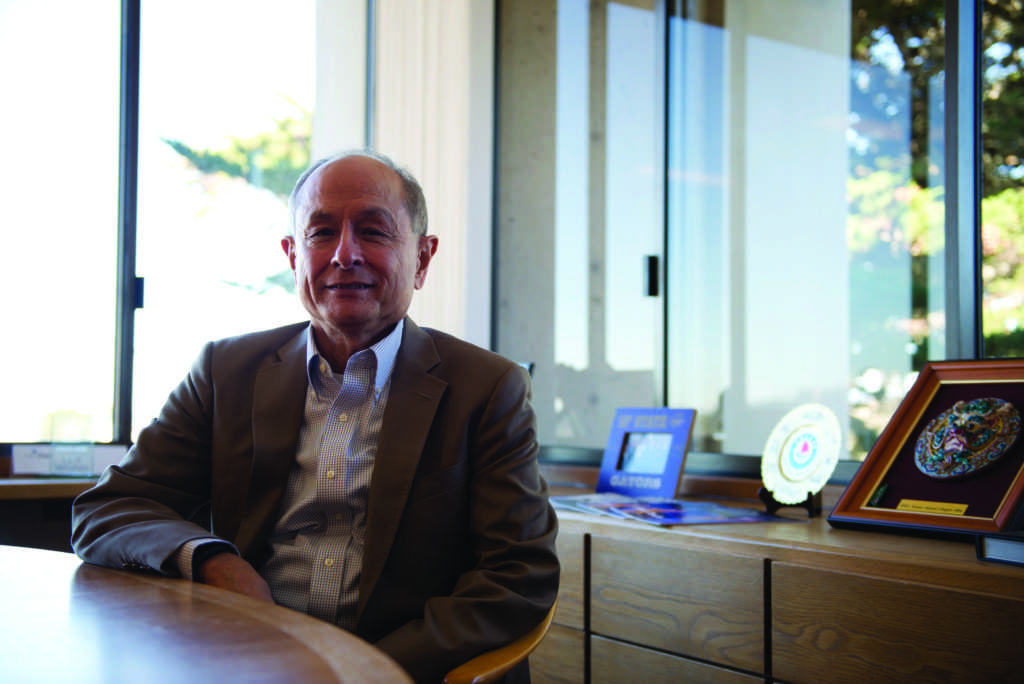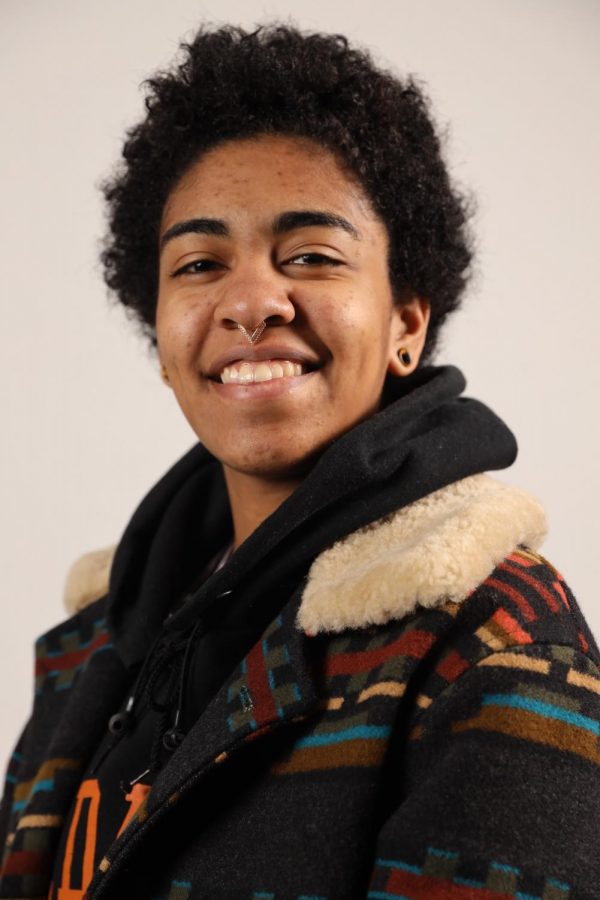As President Leslie Wong’s turbulent tenure leading SF State comes to an end, we believe our next president should be more transparent and
accountable to the most important constituency groups — teachers, staff and students.
Last fall, Wong announced that he is retiring at the end of July. During his time, Wong and other administrators in Academic Affairs and Student Affairs and Enrollment Management (SAEM) have been routinely criticized for responding poorly, or outright ignoring crucial issues like housing, tuition costs, harassment and student organizations autonomy.
Most recently, the coalition of student organizations called the Third World Liberation Front occupied the hallway outside Wong’s office in the Administration Building to commemorate the 1968 student-led strike.
Students in organizations like the General Union of Palestine Students, MEChxA, La Raza and the Black Student Union chanted as Wong hid in his office.
Eventually, Vice President of SAEM Luoluo Hong and Vice President of University Enterprise Jason Porth intervened, ejecting protesters from the hallway.
This tactic in dealing with the Third World Liberation Front seems to echo the aftermath of the 2016 Hunger Strike. Students refused food for 10 days to demand support for the funding-starved College of Ethnic Studies — the first and only in the nation.
The university finally signed off on a series of demands, but to this day many of those demands have been left unmet. Frustrations about these issues surfaced at the President Search Committee Open Forum held in McKenna Theater, Feb. 5.
At the open forum, students, staff and faculty members aired concerns about the lack of transparency among administrators and criticized the fact that only one member of the Advisory Committee to the Trustees Committee for the Selection of the President (ACTCSP) is a student.
“If we talked about student issues with administration on this campus we would be here for days,” Kaiden Talesh, African studies major, said during the meeting. “Activism is not a footnote on this campus, it’s a legacy. This legacy is not ended.”
Xpress agrees, but for the institution to embody this requires that administration listens to the people who are most invested in activism— students.
Talesh also pointed out that the only student representative is Associated Students Inc. President Nathan Jones.
This concern led the Associated Students Inc. board of directors to pass a resolution to add two more student representatives to the search committee, according to an AS press release.
“The AS calls for the improvement of transparency and shared governance in the process for selection of the university president at SFSU both in policy and in practice and for changes to be enacted immediately for this and all future searches,” the resolution read.
While this is a move in the right direction, it does not at all ensure that the student voices will be represented.
It also raises questions regarding how these two additional students will be selected and which groups they are going to represent.
This campus is a salad of different cultures, religions, political ideologies and ethnicities that should be listened to, not ignored.
Three students are not enough. An entire board of students representatives, not from ASI, would provide a better sense of what students need in a college president.
Yet, if this administration has taught us anything it’s that it will pick the path of least resistance when interacting with students and simply agree to changes while hiding in their ivory tower.
– Golden Gate Xpress Editorial Board





![“As a member of the intelligence committee and the judiciary committee, she's been [Kamala Harris] in the middle of the most critical national security challenges our country faces,” Biden said at his first joint campaign event with Harris.(Sheila Fitzgerald / Shutterstock.com)](https://goldengatexpress.org/wp-content/uploads/2020/09/1486862834-huge-900x643.jpg)



